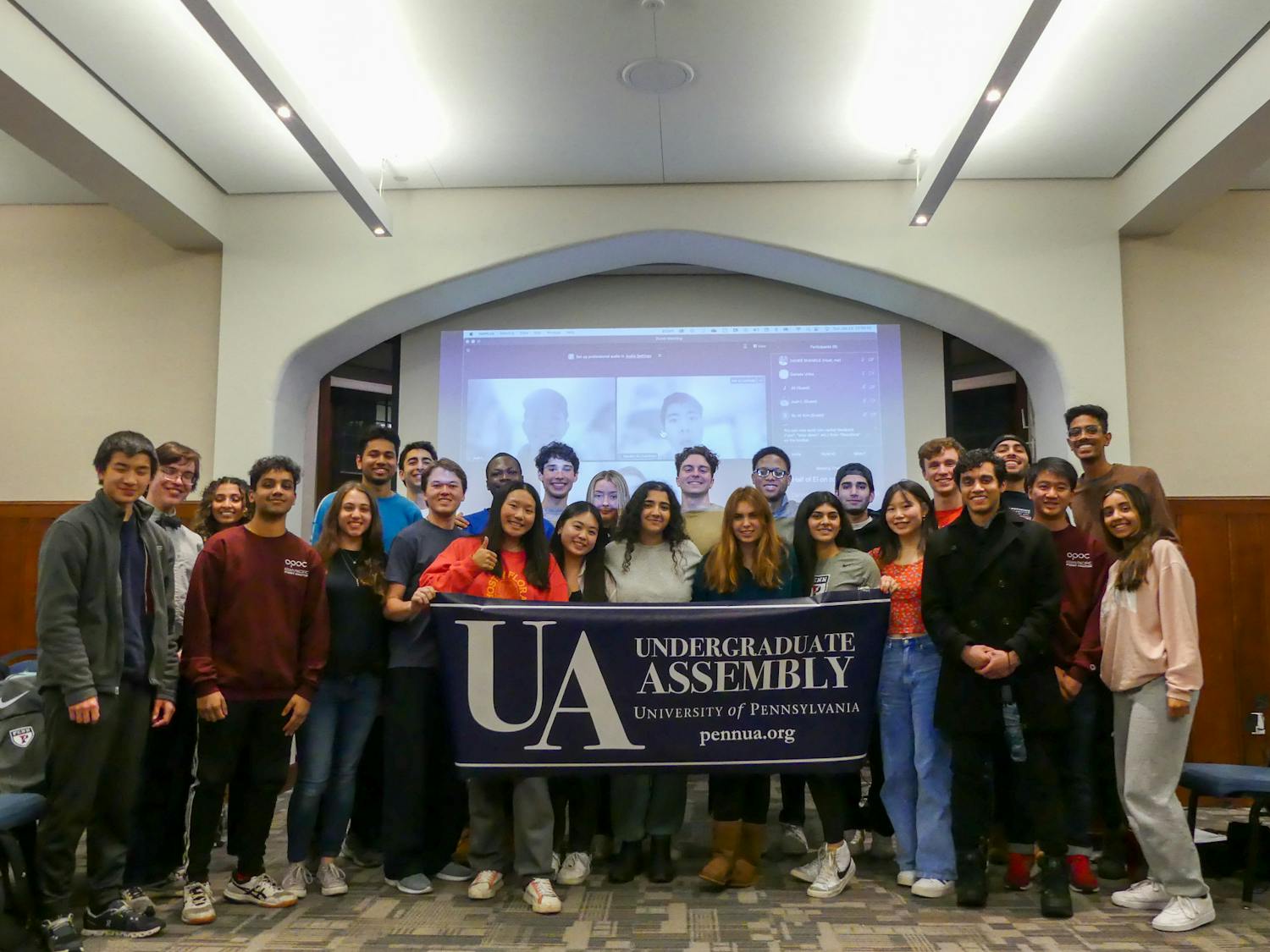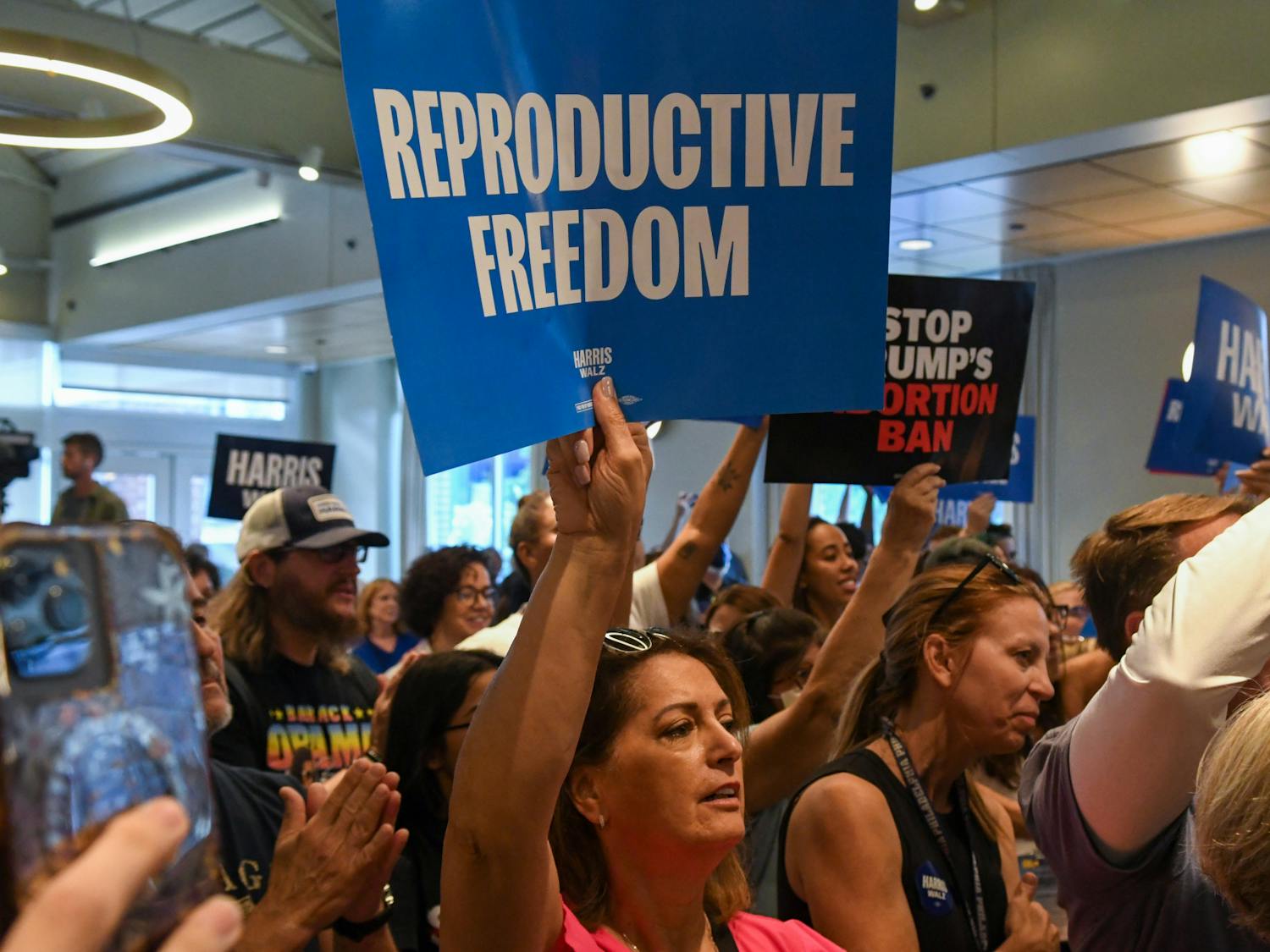This writer was gratified by John Edwards' victory in the South Carolina primary, not least because it represented the most literary of vanities: the vindication of one's own words. A message of hope and shared destiny for all Americans can indeed mean Democratic victory in the South.
But though the bronchitis-laden, molasses drawl of the victory speech swirled with the optimism and vision absent in American politics, on CNN, Bob Dole -- a veteran -- seemed more interested in what was missing from the North Carolina senator's resume: a military record. This was but a sidebar to an oblique but increasingly insidious character war between associates of Senator John Kerry and President Bush over each man's actions during the war in Vietnam.
America hasn't come close to a full recovery from the syndrome of that conflict. In each election, its legacy -- who fought and who did not, who was shot and who took pictures -- lurks in the corner of the election landscape.
This year, Kerry, a winner of the Silver Star and the Purple Heart, has come under attack for his anti-war activities, including throwing his numerous medals over the White House fence and his testimony before the Senate Foreign Relations Committee in which he asked, "How do you ask a man to be the last man to die for a mistake?"
As for the president, beginning in 1968 he served in the Texas Air National Guard and was honorably discharged in 1973. However, recent reports by Walter Robinson of The Boston Globe have questioned whether Bush skipped a year of duty in Alabama, where he was transferred to work on a Senate campaign in 1972. Robinson found no evidence the president showed up for duty, prompting Democratic Party Chairman Terry McAuliffe to declare him "AWOL." Ed Gillespie, his Republican counterpart, called the attack "shameful" and demanded an apology.
If the president got a fixed discharge, the American people have a right to know, and he should deal with the consequences. But it is less important how each candidate served the military 30 years ago than what our country believes about it today -- after all, Rhodes Scholar Bill Clinton had no military record. Some of the acrimony no doubt arises from a much greater ideological and partisan divide: Americans have traditionally supported Republicans by a margin of 2 to 1 on national security. This reveals Democratic attacks as efforts to expose conservative GI gravitas as hypocrisy and Republican assaults as attempts to reinforce conceptions of peacenik weakness.
There is, to be sure, nothing conservative about a military budget of some $420 billion dollars -- about as large as that in the Vietnam era -- that does not include billions more in supplemental funds for Iraq and contributes to a $521 billion deficit. But conservatives do have some leverage here. Liberals have traditionally denigrated the "military-industrial complex" as an instrument of jingoism and multinational capitalist hegemony incompatible with American freedom.
Yet as William F. Buckley put it in a 1971 speech at West Point excoriating Senator Kerry's testimony, "Without organized force, and the threat of the use of it under certain circumstances, there is no freedom anywhere." For better or worse, democracy was birthed and preserved at the barrel of a gun, and while social problems corrupt the ideal of our democratic society, it is the first duty of government to ensure its preservation.
Yet with the military, as with so many issues of late, conservatives are vulnerable to their own sensible standard, one described by President Bush in Charleston last week: "By the unselfish dedication of Americans in uniform, people in our own country and in lands far away can live in freedom, and know ... the peace that freedom brings."
President Bush, then, is imperiled as much by the integrity of his record as of his rhetoric. Though he pledged that "our nation will never take their sacrifice for granted," his 2005 budget calls on veterans to pay new fees -- a $250 enrollment charge and an $8 increase in pharmaceutical payments -- for an already dismal and woefully backlogged Veterans Affairs health system. If we owe our freedom to those who have so served our nation, then to give them a doctor in return is morally just but still inadequate.
This is not a question of the efficacy of the Great Society mega-state. Our veterans not only have labored their whole lives, they have risked those lives for our privilege to reward the Protestant ethic of hard work. Survival should not be a misfortune, but as it stands, the government takes care of a nice burial in Arlington.
At West Point, Buckley noted that "without freedom, there is no true humanity." Government, perhaps, cannot do much, but the least it can manage is to show just a bit of the latter to those who have given us the former.
Justin Raphael is a sophomore American history major from Westport, Conn. Uncommon Sense appears on Tuesdays.








